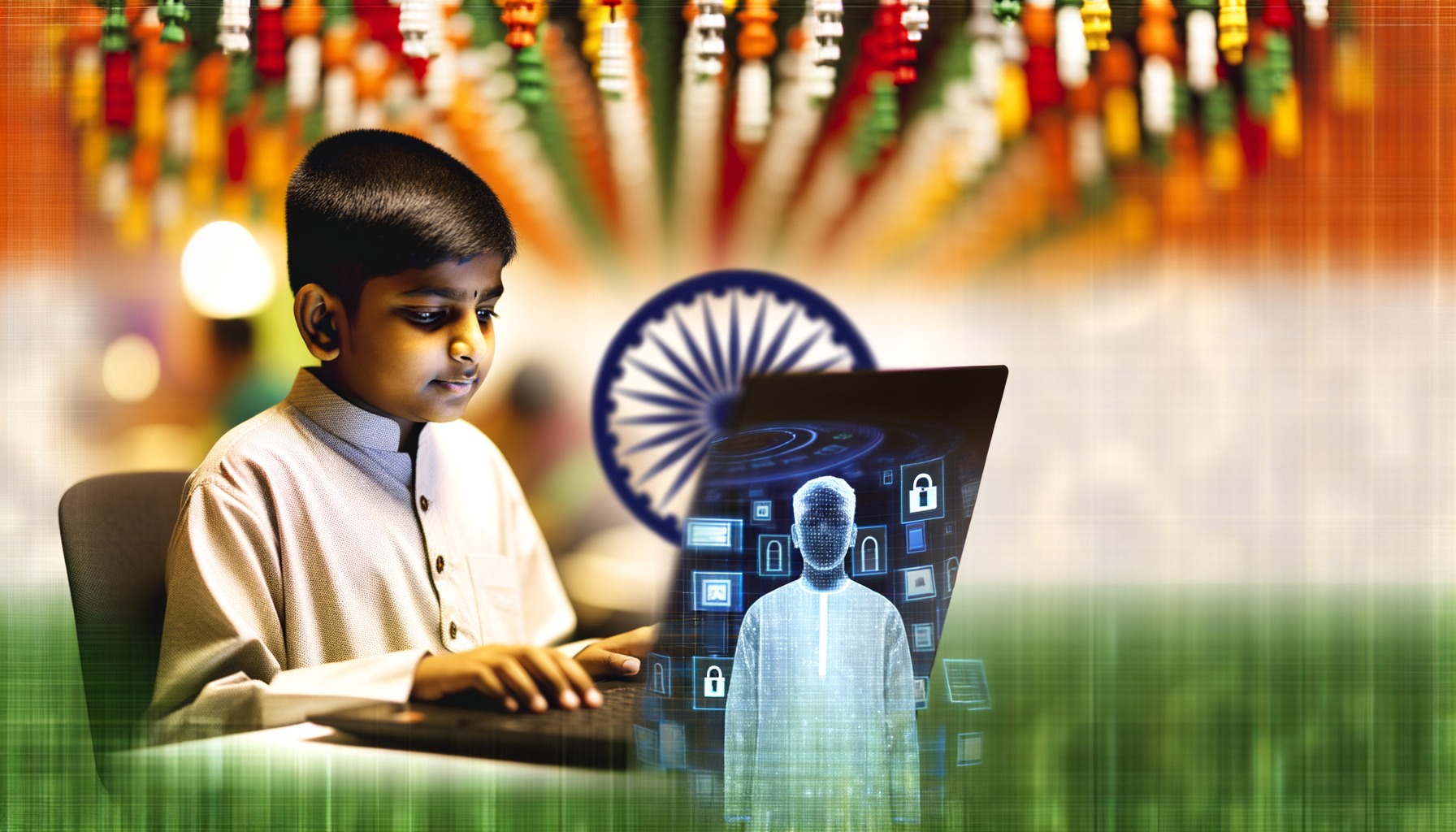The European Union and India have opened a new phase in their relationship at the 16th EU-India Summit in New Delhi, marked by the conclusion of a landmark Free Trade Agreement and the launch of a Security and Defence Partnership.
These agreements signal a shared ambition to deepen economic integration while strengthening cooperation in an increasingly volatile global environment.
The EU-India Free Trade Agreement ranks among the largest trade deals worldwide, significantly reducing tariff and non-tariff barriers and unlocking new opportunities for businesses of all sizes.
By improving market access and establishing clear and enforceable rules, the agreement supports more resilient supply chains, greater trade diversification and stronger joint economic security for both partners.
Alongside trade, leaders signed an EU-India Security and Defence Partnership covering maritime security, cyber and hybrid threats, counterterrorism, space and defence industrial cooperation.
Negotiations were also launched on a Security of Information Agreement, paving the way for India’s participation in EU security and defence initiatives.
The Summit further expanded cooperation on innovation, emerging technologies, climate action and people-to-people ties.
Initiatives include new EU-India Innovation Hubs, closer research collaboration, enhanced labour mobility frameworks and joint efforts on clean energy, connectivity and global development, reinforcing the partnership as a defining pillar of 21st-century geopolitics.
Would you like to learn more about AI, tech and digital diplomacy? If so, ask our Diplo chatbot!










